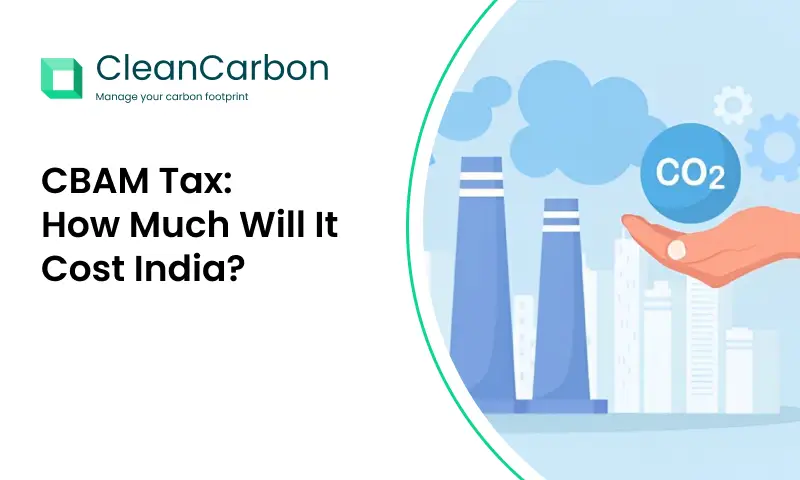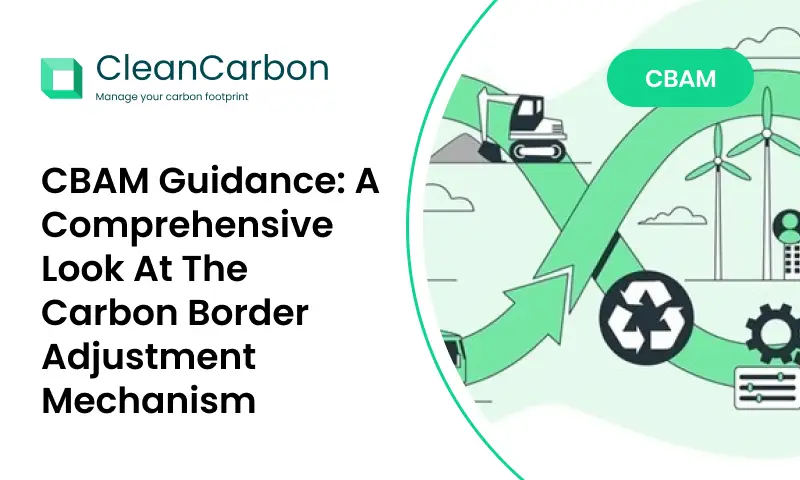The oil and gas industry stands at a critical juncture where environmental, social, and governance (ESG) factors have become integral to its sustainable future. Amid increasing global consciousness towards climate change and societal impact, stakeholders demand greater transparency, accountability, and sustainable practices. ESG reporting has emerged as a pivotal tool for oil and gas companies to navigate this landscape, showcasing their commitment to responsible operations while addressing compliance and beyond.
The Significance of ESG Reporting in the Oil and Gas Sector
Environmental Responsibility:
ESG reporting in the oil and gas industry primarily addresses environmental concerns. Companies are compelled to report their greenhouse gas emissions, water consumption, waste management practices, and strategies to mitigate environmental impact. With mounting pressure to reduce carbon footprints, these reports become instrumental in showcasing efforts towards cleaner energy production, carbon capture, and adoption of renewable energy sources.
Social Impact:
ESG reporting extends beyond environmental metrics to encompass social factors. It includes diversity and inclusion initiatives, community engagement programs, labor practices, and health and safety measures. Oil and gas companies often operate in diverse communities, and these reports aid in illustrating their efforts to support local economies, ensure safe working conditions, and contribute positively to society.
Governance and Ethical Practices:
Governance remains a crucial aspect of ESG reporting. It involves transparency in corporate governance structures, board independence, anti-corruption measures, and ethical business practices. Demonstrating robust governance principles fosters investor confidence and trust, ultimately contributing to long-term sustainability.
Navigating Compliance Requirements
Regulatory Frameworks:
Oil and gas companies face a myriad of regulatory requirements concerning environmental protection, worker safety, and ethical business conduct. Compliance with these regulations is non-negotiable and forms the foundation for ESG reporting. Companies need to stay abreast of evolving laws and standards at regional and global levels to ensure accurate and comprehensive reporting.
Reporting Standards:
Several reporting frameworks, such as the Global Reporting Initiative (GRI), Sustainability Accounting Standards Board (SASB), and Task Force on Climate-related Financial Disclosures (TCFD), provide guidelines for ESG reporting. Adhering to these standards enables consistency, comparability, and credibility in reporting practices, facilitating better stakeholder understanding and evaluation.
Beyond Compliance: Leveraging ESG Reporting for Long-Term Value
Competitive Advantage:
ESG reporting presents an opportunity for oil and gas companies to differentiate themselves in a competitive market. By going beyond mere compliance, companies can showcase innovative approaches, ambitious sustainability goals, and a clear vision for a low-carbon future, attracting investors, customers, and top talent.
Risk Mitigation and Resilience:
Comprehensive ESG reporting enables better risk identification and management. By addressing environmental risks, ensuring strong governance, and fostering a positive social impact, companies can mitigate risks associated with regulatory changes, reputational damage, and operational disruptions, thereby enhancing resilience.
Stakeholder Engagement and Trust:
Transparency through ESG reporting fosters stronger relationships with stakeholders. Engaging with investors, communities, regulators, and employees through transparent reporting builds trust and credibility. It demonstrates a company’s commitment to responsible practices, fostering long-term partnerships and support.
Conclusion
ESG reporting in the oil and gas industry transcends compliance; it’s a strategic imperative driving sustainable practices, fostering resilience, and enhancing stakeholder relationships. As the industry continues to evolve, embracing ESG principles and transparent reporting not only ensures compliance but also positions companies as responsible stewards, capable of navigating challenges while creating long-term value for all stakeholders.
In the journey towards a more sustainable future, ESG reporting stands as a compass guiding the oil and gas sector towards responsible operations and a brighter, more sustainable tomorrow.






